FBI Director James Comey argued that the legal attempt to get Apple to unlock San Bernardino terrorist Syed Rizwan Farook’s iPhone “isn’t about trying to set a precedent or send any kind of message” but is “about the victims and justice.”
“Fourteen people were slaughtered and many more had their lives and bodies ruined. We owe them a thorough and professional investigation under law. That’s what this is. The American people should expect nothing less from the FBI,” Comey wrote on the Lawfare blog.
Farook was a county employee and the iPhone 5C is owned by San Bernardino County, which paid for mobile device management but didn’t install the feature that would have allowed it to easily unlock the phone. Apple has been fighting the legal attempt to hack into the iPhone and has until Friday to protest the ruling from a magistrate that the tech giant cooperate with the FBI.
That case has sparked a privacy debate, with members of the Senate Intelligence Committee proposing a bill to penalize tech companies that don’t help law enforcement get past encryption and Donald Trump vowing to boycott Apple as he tweets from “both iPhone & Samsung.”
The American Civil Liberties Union said last week that it’s on Apple’s side against “an unprecedented, unwise, and unlawful move by the government.”
“The government’s request also risks setting a dangerous precedent. If the FBI can force Apple to hack into its customers’ devices, then so too can every repressive regime in the rest of the world,” said Alex Abdo, staff attorney with the ACLU Speech, Privacy, and Technology Project.
White House press secretary Josh Earnest told reporters Friday that “the steps that were taken by the independent investigators at the FBI are consistent with the view that we’ve expressed from here on many occasions, which is the president does believe that strong encryption is good. It’s good for the U.S. economy. It’s also good for protecting the civil liberties of private American citizens.”
“But at the same time, we don’t want to allow terrorists to establish a safe haven in cyberspace,” he said. “And the good news is that technology companies don’t want to see them do the same thing.” The administration hasn’t taken a public position on the proposed Senate legislation.
Comey wrote on Lawfare that the “particular legal issue is actually quite narrow” and the relief sought is “increasingly obsolete because the technology continues to evolve.”
“We simply want the chance, with a search warrant, to try to guess the terrorist’s passcode without the phone essentially self-destructing and without it taking a decade to guess correctly. That’s it. We don’t want to break anyone’s encryption or set a master key loose on the land. I hope thoughtful people will take the time to understand that. Maybe the phone holds the clue to finding more terrorists. Maybe it doesn’t. But we can’t look the survivors in the eye, or ourselves in the mirror, if we don’t follow this lead,” said the FBI director.
“Reflecting the context of this heart-breaking case, I hope folks will take a deep breath and stop saying the world is ending, but instead use that breath to talk to each other,” Comey continued, stressing that the “serious tension” between privacy and security “should not be resolved by corporations that sell stuff for a living. It also should not be resolved by the FBI, which investigates for a living.”
“It should be resolved by the American people deciding how we want to govern ourselves in a world we have never seen before. We shouldn’t drift to a place—or be pushed to a place by the loudest voices—because finding the right place, the right balance, will matter to every American for a very long time,” he said.
“So I hope folks will remember what terrorists did to innocent Americans at a San Bernardino office gathering and why the FBI simply must do all we can under the law to investigate that. And in that sober spirit, I also hope all Americans will participate in the long conversation we must have about how to both embrace the technology we love and get the safety we need.”


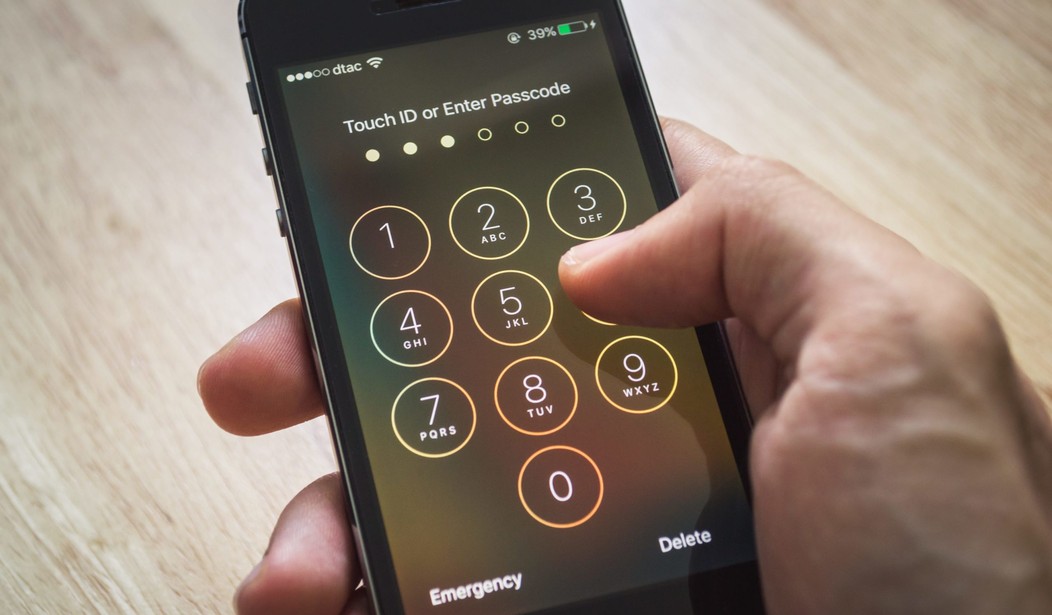
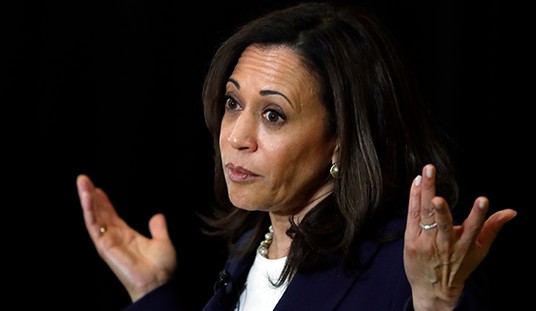
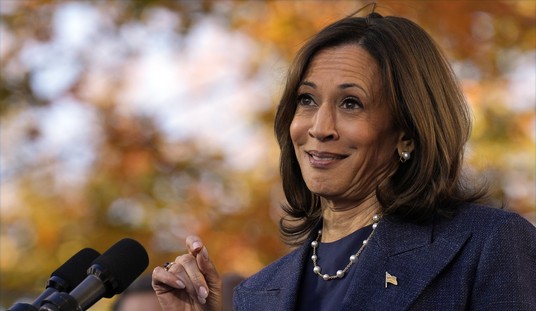
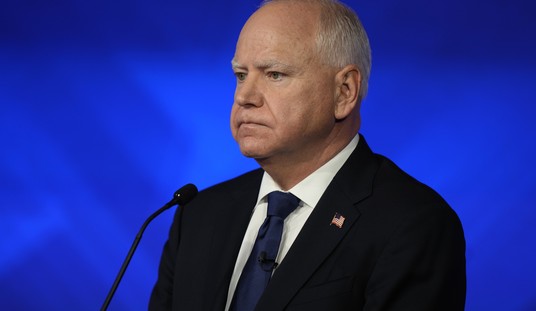
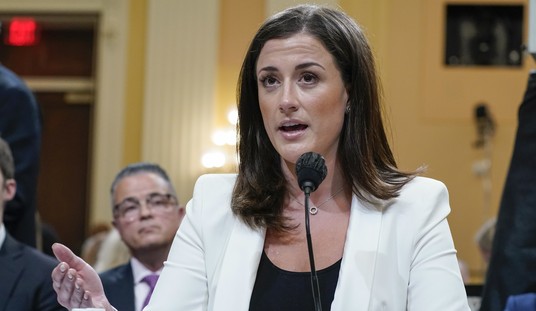
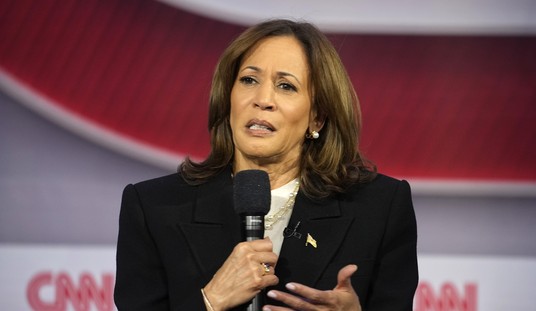
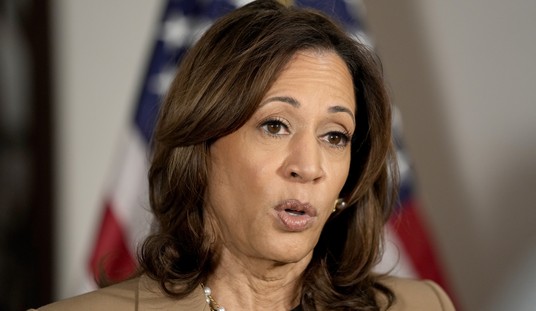
Join the conversation as a VIP Member